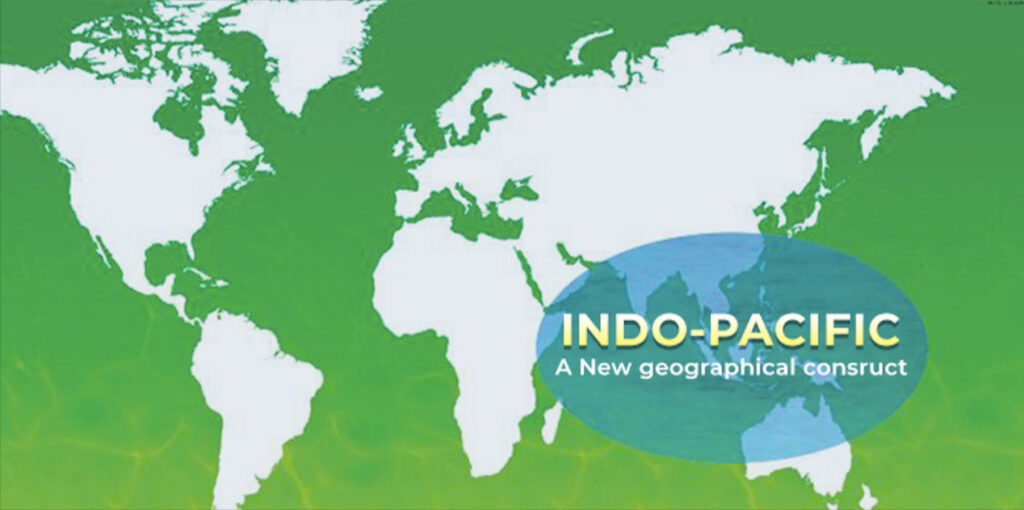
STRATEGIC ASSESSMENT. Foreign Minister Retno Marsudi on Monday concluded her daylong work visit to Prague, where she attended the High-Level Dialogue on the Indo-Pacific hosted by the Czech Republic as part of the Council of the EU’s rotating presidency, which it takes over from France next month.
Speaking to the press on Monday, Retno said she had suggested the three key ideas of inclusivity, rules-based order, and concrete cooperation to build shared security and prosperity in the Indo-Pacific amid the tumultuous global situation. She also underlined that all countries must be consistent and unconditional in upholding the U.N. Charter that respected the sovereignty of each state.
The region’s political and economical architecture should be inclusive to all, Retno said, referring to the ASEAN Outlook on the Indo-Pacific, which offered “a similar paradigm for regions outside ASEAN”. “We call for the principle of inclusivity and non-containment for all states that interacting within the Indo-Pacific,” Retno said in a press briefing on Monday. “I have also emphasized that the formation of groups in the region must be building blocks for creating stability, peace, security, and prosperity.”
The Indo-Pacific Economic Framework (IPEF) — launched by U.S. President Joe Biden in Tokyo — encompasses 13 countries within the region, which account for 40 percent of the global GDP. Although the IPEF has yet to establish itself as a tangible partnership, such as an FTA, it has cemented the U.S.’ intention of cooperating with countries within the Indo-Pacific.
Indonesia is certainly no foreigner to both multilateral and bilateral economic partnerships. Indonesia has proactively engaged in the establishment of the Regional Comprehensive Economic Partnership (RCEP), the largest FTA in the world.
On the dawn of the IPEF, Indonesia has firmly stated its priorities in this partnership as was echoed in the statement of its Minister of Trade, Muhammad Lutfi, “First, IPEF must deliver concrete and mutually beneficial cooperation. Second, be inclusive to all countries within the Indo-Pacific region.
Third, IPEF should not create new development challenges. Last, encourage synergy between IPEF and other regional frameworks, especially the ASEAN Outlook on the Indo-Pacific.”





